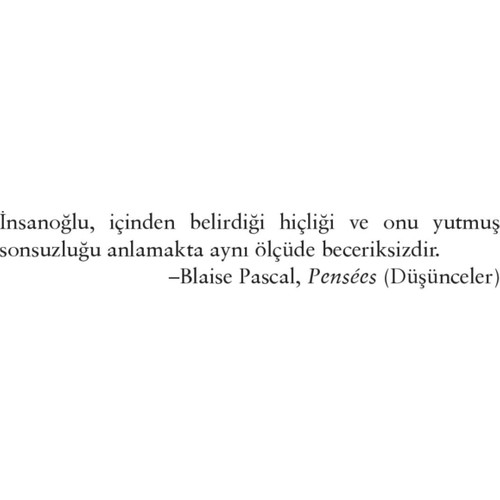

The person may have conflicting impulses to eat the dessert and to avoid eating the dessert because of health concerns.

Eagleman gives as an example a person's possible reaction when offered a sweet dessert. These changes in the brain sometimes result in a person acting contrary to their previous personality, revealing, Eagleman claims, that who we "are" is largely a function of unconscious processes of our minds.Įagleman proposes a model of the brain he calls a "team of rivals." In this model, the brain is really several separate functions that sometimes incline toward opposing behaviors. Many of these experiments illustrate what happens to a person's perception or behavior when the brain is altered, either by damage or drugs.

The conscious mind represents only a small part of our brain activity and function, Eagleman argues, and he presents the results of a large number of experiments and studies that support his assertion. He proposes that rather than sentencing criminals based on how culpable they appear to a judge or jury, sentencing should be based on a person's potential for reforming their behavior based on neurological factors. Assigning blame for criminal acts is complicated by the fact that our actions are dictated to a great extent by our unconscious minds, Eagleman claims. In Incognito, David Eagleman, a neuroscientist, presents his argument that the American criminal justice system should integrate current research in brain science into sentencing guidelines.


 0 kommentar(er)
0 kommentar(er)
